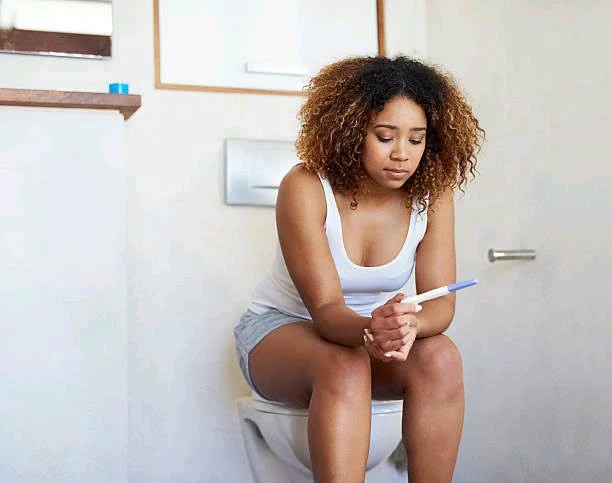According to healthline, urinating during séx, a condition known as coital incontinence, can be an embarrassing and distressing experience for some women. While it's essential to remember that every individual's body is unique, there are several reasons why a woman may experience this phenomenon. It's essential to address this concern with sensitivity and understanding, as it can impact both physical and emotional well-being.

Weak Pelvic Floor Muscles: One of the most common reasons for coital incontinence is weak pelvic floor muscles. These muscles support the bladder, uterus, and bowel. When they are weak, they may struggle to maintain control over bladder function during moments of increased pressure during intimacy.
Urinary Tract Infections (UTIs): UTIs can cause irritation and inflammation in the urinary tract, leading to a frequent and urgent need to urinate. During séxual activity, the added pressure on the bladder can trigger the release of urine.
Vàginal Atrophy: For postmenopausal women, vaginal tissues may become thinner and less elastic due to reduced estrogen levels, a condition known as vàginal atrophy. This can make the bladder more susceptible to pressure and lead to unintentional urine leakage during intimacy.
Childbirth: Giving birth can place significant strain on the pelvic floor muscles and nerves. This stress can weaken the muscles and increase the risk of incontinence during activities that exert pressure on the pelvic area, such as séx.

Hormonal Imbalances: Fluctuations in hormone levels, particularly estrogen, can impact urinary health. Lower estrogen levels can weaken the pelvic floor and affect bladder control.
Interstitial Cystitis: Also known as painful bladder syndrome, interstitial cystitis can cause chronic bladder discomfort and increase the likelihood of incontinence during séx.
Emotional Factors: Psychological factors like anxiety, fear, or guilt related to séx can contribute to urinary incontinence. Stress can trigger muscle tension and lead to involuntary bladder contractions.
If a woman experiences urination during séx, it's crucial for her to consult a healthcare professional. A doctor can conduct a thorough evaluation, which may include a physical examination, medical history review, and possibly some diagnostic tests. Treatment options can range from pelvic floor exercises (Kegels) to medication, depending on the underlying cause.
















Comments